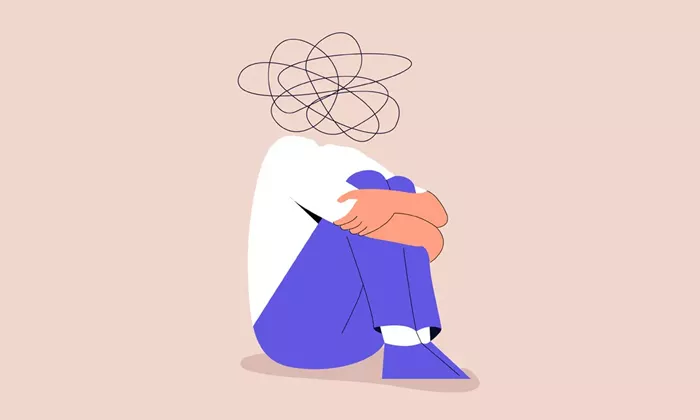A new study from University College London (UCL) reveals why individuals with anxiety and depression often struggle with low self-belief—even when their actual performance is just as good as anyone else’s.
Published in Nature Communications, the study investigated how people assess their own abilities (a process known as metacognition). Researchers examined two groups of participants using a computer game designed to test visual and memory skills.
After each task, players rated their confidence in their performance. At the end of each session, they also gave an overall self-assessment of how well they believed they had done.
The key finding: people with symptoms of anxiety and depression consistently underestimated themselves. Instead of balancing the highs and lows of their confidence throughout the session, they focused primarily on moments when they felt uncertain or performed poorly. This narrowed attention to negative experiences directly contributed to their low overall self-belief.
Interestingly, participants with anxiety and depression performed just as well on the tasks as those without these conditions. They also responded similarly to feedback—both positive and negative. Still, their persistent low self-belief remained.
According to the researchers, this suggests that their distorted self-perception is not based on actual ability or external input, but rather on how they internally evaluate themselves.
Lead author Dr. Sucharit Katyal explained that this tendency helps explain phenomena like imposter syndrome, where individuals doubt their own competence despite evidence to the contrary. “The persistent negative self-beliefs experienced by people with anxiety and depression are often illusory,” Katyal said. “They may stem from a dysfunctional pattern of self-evaluation.”
This insight has meaningful implications for mental health treatment. By helping individuals become aware of how they interpret their own performance—and encouraging them to give equal weight to confident moments—therapies could become more effective in improving self-esteem and resilience.
The researchers hope these findings will contribute to developing better support strategies, especially for those vulnerable to chronic self-doubt.
This study reinforces the idea that mental health challenges like anxiety and depression don’t necessarily reflect actual ability or performance. Instead, they may distort how individuals perceive themselves—an important distinction for both clinicians and individuals managing these conditions.
Related topics:
- What Helps With Anxiety At Night?
- How to Support Someone with Anxiety?
- How To Deal With Stress & Anxiety & Depression?


